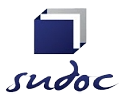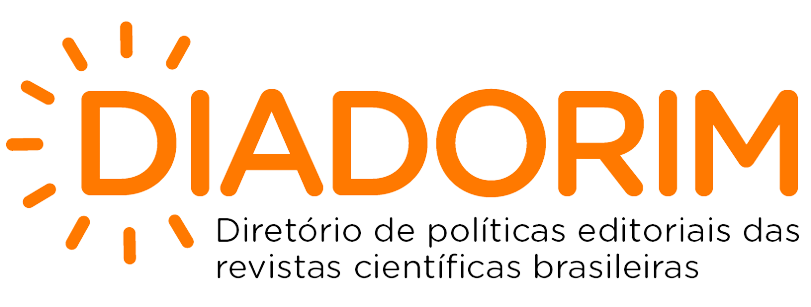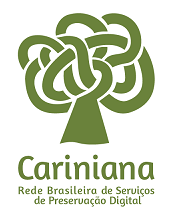Poesia & música: gênese, diálogo e reencontros
DOI:
https://doi.org/10.5433/boitata.2009v4.e31062Palabras clave:
Poesia, Música, OralidadeResumen
Este artigo visa percorrer os caminhos trilhados pela poesia e pela música, em seus intermitentes contatos, na valorização contínua da oralidade. O termo grego “mousiké” englobava uma unidade integrada de melodia e verso e representava, segundo A República, de Platão, o principal canal de formação dos homens, bem como de manifestação de uma cultura predominantemente oral. Era desta forma, pelo discurso oral, em performance, que se concretizava uma voz coletiva. Assim é que a oralidade se manteve praticamente onipresente durante muito tempo, também na Idade Média. Característica das canções medievais, a oralidade estava presente no próprio gérmen das poesias, que nasciam para serem cantadas. Mas a escrita, gradativamente, enraizou-se nas civilizações, como necessário e natural produto da oralidade. No entanto, a palavra falada subsistia e já no Renascimento vários textos foram musicados, mas somente muito adiante, no século XX, uma forte tendência de fazer interagir novamente poesia e música se impõe decisiva. A poesia volta a ser cantada, através dos efeitos que as cantigas medievais estenderam a vários setores da música popular brasileira. São os meios de comunicação de massa os suportes dessa nova poesia cantada e os festivais de música popular o cenário de tais empreitadas.
Descargas
Citas
MOISÉS, Massaud. A Literatura Portuguesa. São Paulo: Cultrix, 1968.
OLIVEIRA, Corrêa da; MACHADO, Luís Saavedra. Textos portugueses medievais. Coimbra: Coimbra Editora Ltda, 1969.
ONG, Walter. Oralidade e Cultura Escrita. Campinas: Papirus, 1998.
PERRONE,Charles. Letras e Letras da MPB. Rio de Janeiro: Elo, 1988.
PLATÃO. A República. Trad. Enrico Corvisieri. São Paulo: Nova Cultural, 1997.
RIQUER, Martin de. El Trovador y su mundo. [S.l.: s.e., s.d.]
RÓBLES, Federico Sainz de. Poetas líricos griegos. Madrid: Espasa- Calpe S. A., 1963.
SANT’ANNA, Affonso Romano de. Música Popular e Moderna Poesia Brasileira. Petrópolis: Vozes, 1986.
SANT’ANNA, Affonso Romano de.Chico Buarque: a música contra o silêncio. In: Chico Buarque do Brasil. FERNANDES, Rinaldo de. (org). Rio de Janeiro: Garamond, 2004. p.161-166.
SILVA, Anazildo Vasconcelos da. A paraliteratura. In: SILVA, Anazildo Vasconcelos da. Teoria Literária. Rio de Janeiro: Tempo Brasileiro, 1975.
SILVA, Vítor Manuel de Aguiar e. Teoria da Literatura. Coimbra: Livraria Almedina, 1999.
SPINA, Segismundo. Presença da Literatura Portuguesa- Era medieval. 7. ed.São Paulo: Difel, 1969.
TATIT, Luiz. O Cancionista. 2. ed. São Paulo: Editora da Universidade de São Paulo, 2002.
TATIT, Luiz. O século da canção. Cotia: Ateliê Editorial, 2004.
THOMAS, Gerald. Chico Buarque é para mim... In: FERNANDES, Rinaldo de (org). Chico Buarque do Brasil.. Rio de Janeiro: Garamond, 2004. p. 55-56.
ZUMTHOR, Paul. A Letra e a Voz. Trad. São Paulo: Companhia das Letras, 1993.
ZUMTHOR, Paul. Escritura e Nomadismo. Trad. São Paulo: Ateliê Editorial, 2005.
Descargas
Publicado
Cómo citar
Número
Sección
Licencia
Derechos de autor 2009 Cláudia Sabbag Ozawa Galindo

Esta obra está bajo una licencia internacional Creative Commons Atribución 4.0.
Boitatá esta licenciada com CC BY sob essa licença é possível: Compartilhar - copiar e redistribuir o material em qualquer suporte ou formato. Adaptar - remixar, transformar, e criar a partir do material, atribuindo o devido crédito e prover um link para a licença e indicar se mudanças foram feitas.





















